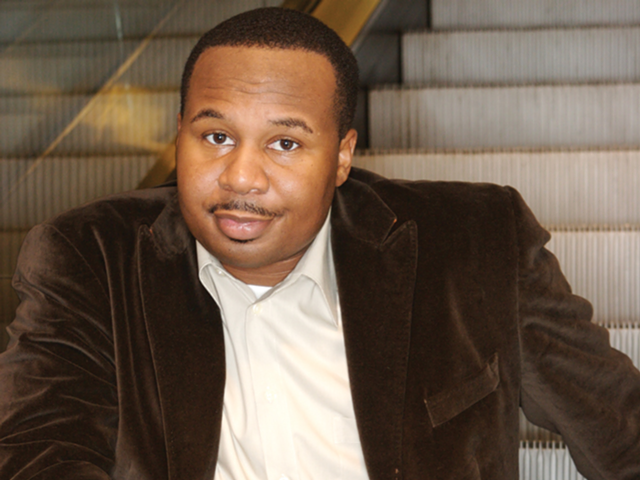City Council yesterday unanimously passed a motion committing $1.5 million more to the city’s Human Services fund in its next budget, doubling the fund’s size.
The increase is part of an ongoing rethinking of the city’s human services funding. But with that change in focus comes the potential that some of the 54 organizations that receive support from the fund could see some cuts in the next budget.
A working group headed by Councilwoman Yvette Simpson and Vice Mayor David Mann suggests focusing first and foremost on two major areas: increasing gainful employment and reducing homelessness, splitting the fund down the middle for those purposes. Along with those major focus areas, it also suggests the establishment of a collaborative between law enforcement and the community to curtail violence in Cincinnati when more funds are available.
The changes won’t take place for another six months, kicking in with the new fiscal year, giving organizations and the city time to adjust to the new budget priorities.
“Number one, we wanted to make sure to increase how much we put into human services each year,” said Mann, who helped draw up the proposal, “and secondly that we focus on a few significant areas and see if we can’t make progress there instead of trying to shotgun amongst many programs.”
The motion to adopt the suggestions by the human services working group is the next step in a months-long process to update the way the city funds anti-poverty programs. It’s also a step toward restoring funding for human services to 1.5 percent of the city’s operating budget, a long-term goal for the city and a level it hasn’t seen in a decade.
Currently, the city’s $1.5 million human services fund accounts for just .42 percent of the city’s $358 million budget. In the past, the city has made deep cuts to the fund. The boost would raise the fund’s proportion of the budget to .84 percent. Simpson and others, including Mann, say they hope to get back to 1.5 percent as more funding becomes available.
Simpson says the working group included advice from the United Way, which currently helps the city evaluate programs it is funding, as well as community members and various boards like the Human Services Advisory Committee and the Community Development Advisory Board, which oversees how federal Community Development Block Grants are spent.
The city hasn’t decided where the money for the increase will come from yet, a point of concern for some council members.
“Whenever we move to increase funding for something, I like to be able to identify the source of funds,” said Councilman Kevin Flynn. He noted there was still time to do that before the overall budget is passed.
Flynn also said he’d like to see human services funding go through the same process, something that has been a sore point among some council members lately.
“There’s a lot of money that we’ve approved in our general operating budget that hasn’t gone through the guidelines and process that we’ve established,” Flynn said.
Councilman Seelbach expressed similar concerns, specifically about the way decisions are made on funding anti-poverty programs.
“All of us have agencies that we’re somewhat close to, and it’s not fair to pick them over others,” Seelbach said, a reference to recent moves that have shifted money from some nonprofits to others. “So if we can put them all in a fair, non-political process like the United Way, I think the city’s better for it.”





